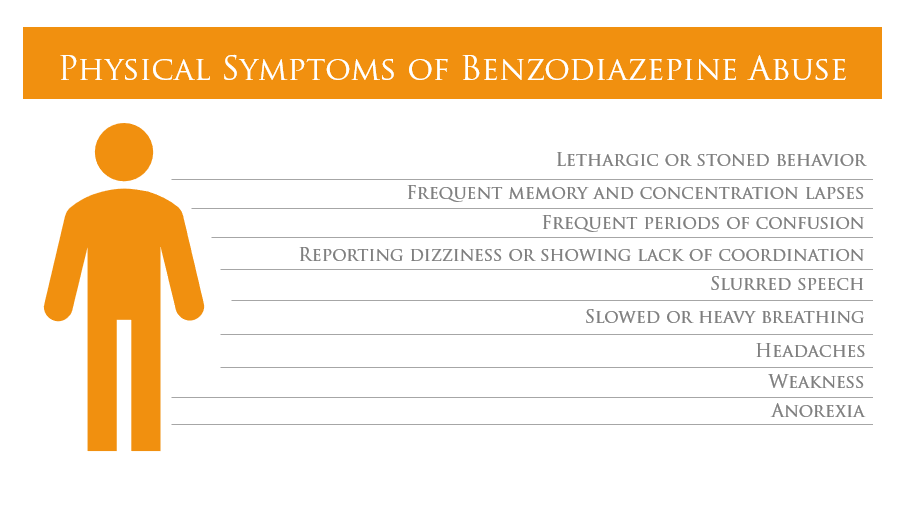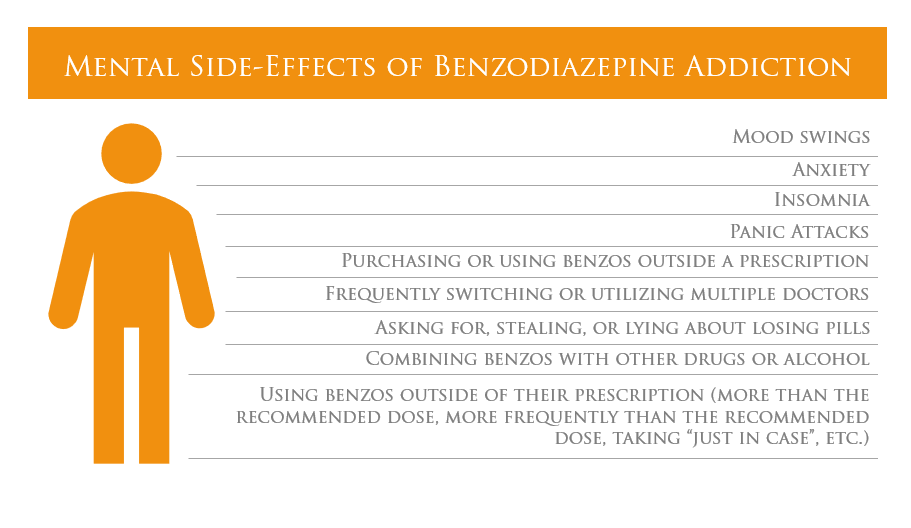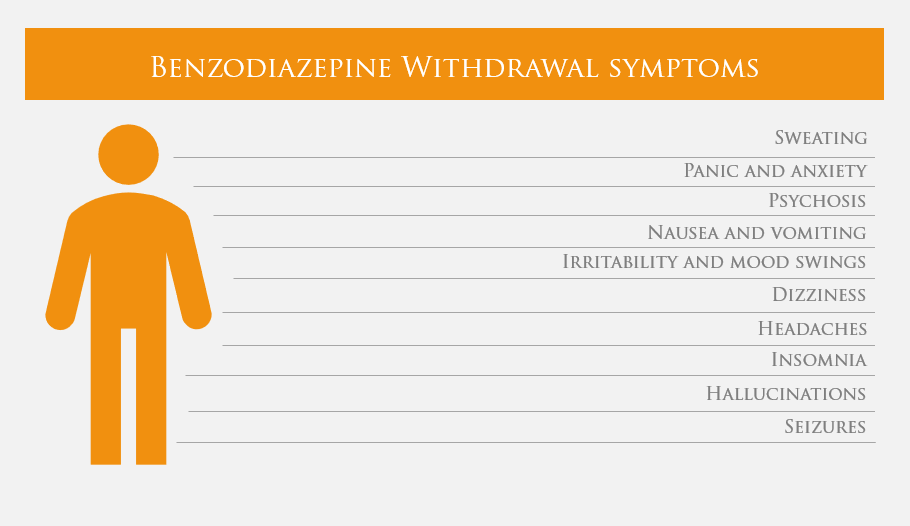
Benzodiazepines are one of the most prescribed drugs in the United States, with some 30 million Americans holding a prescription in 2018. The National Survey on Drug Use and Health estimates that some 2% of those patients are addicted to their medication, with another 1.7% at risk because they abuse benzos, or take them outside their prescription. Today, benzodiazepine addiction is less common than even 5 years ago. Modern risk evacuation and management strategies reduce the time and quantity of prescriptions, ensure people have better management, and ensure better follow-ups for individuals with prescriptions. Unfortunately, many of us still fall through the cracks, individuals may have an addiction from a much older prescription and may have developed an addiction through recreational usage.
Benzodiazepines are undoubtedly a powerful and important medication, used to ease panic attacks, treat PTSD, and even treat the worst of seizures in withdrawal from other drugs and alcohol. But, for the individuals who become addicted to benzosdiazepines, the drugs are incredibly dangerous, life-altering, and potentially fatal.
Symptoms of Benzodiazepine Addiction
It’s important to look at symptoms if you suspect your loved one is abusing benzos or addicted to them. Here, you can look at physical and mental symptoms, each of which can help you determine if your loved one is abusing or addicted to their drug.
Physical Symptoms of Benzodiazepine Abuse
Physical symptoms of benzodiazepine abuse typically indicate that someone is using a lot of benzos, at a higher dose, or in combination with other drugs or alcohol. These symptoms do not necessitate addiction, but they do mean that your loved one has a problem.

Mental Side-Effects of Benzodiazepine Addiction
Individuals who are addicted to a drug begin to show seeking behavior, prioritize the drug over other aspects of their lives, and will endanger themselves and others for the drug. This occurs after a chemical imbalance of tolerance and chemical dependence eventually turn into behavioral addiction.

Anytime your loved one shows a significant reliance on a drug, expresses a desire to quit and cannot, or continues to take a benzo despite recognizing that it is harming them or their lives, they are likely struggling with addiction.
Benzodiazepine Withdrawal
Benzodiazepines interact with the brain in ways that make it difficult and dangerous to withdraw from. Most notably, the benzos interact with the GABA receptors in the brain, which means that patients may suffer from seizures when withdrawing. Statistically, some 20% of all patients suffer grand mal seizures. It’s critical to talk to your doctor about a tapering schedule and possibly seek out medical detox when considering quitting benzos.

In most cases, benzodiazepine withdrawal will begin about 6-12 hours after the final dose and will escalate over a period of about a week, before tapering off.
A small percentage of users are at risk post-acute withdrawal symptom. Individuals who were taking benzos to treat anxiety, PTSD, or another disorder may see a rebound of their original symptoms. The Gooden Center specializes in offering mental health care, and we are fully qualified to care for a dual diagnosis of benzo addiction and a mental health disorder.

Benzodiazepine Addiction Treatment
Benzodiazepine addiction is dangerous, harmful, and life-altering for the person addicted and those closest to them. Benzodiazepine addiction treatment is intended to help people recover their life, treating the underlying problems behind the disorder, as well as the mental health condition benzos were likely prescribed to treat. Treating benzodiazepine addiction is naturally a very complex thing, and the home-like environment of the Gooden Center is designed to tackle those complexities.
The Gooden Center offers benzodiazepine addiction treatment in Los Angeles, with programs designed around science-based therapy and counseling, support, and building the skills to live a healthy life.
We are a non-profit, and we work to ensure you and your loved ones have every chance to recover and build a new life. Call us today for a free consultation.
